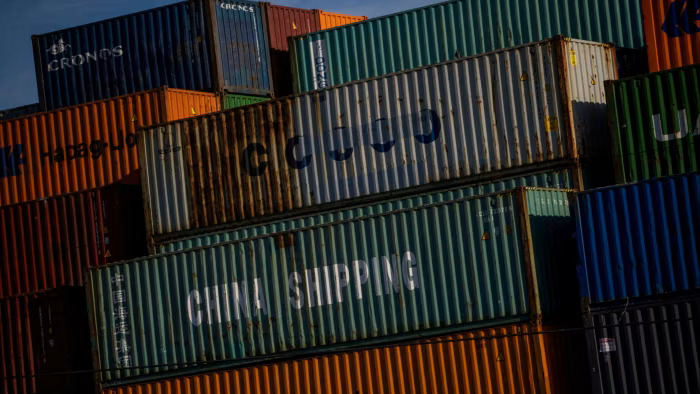On Monday, China accused the United States of stoking new trade tensions, just weeks after both countries agreed to a temporary truce aimed at easing a prolonged tariff war.
In a statement, China’s Ministry of Commerce said Beijing has been “strictly implementing” the consensus reached during last month’s economic and trade talks in Geneva. It claimed, however, that the U.S. has “unilaterally provoked new economic and trade frictions,” undermining the agreement.
“If the United States insists on its way and continues to undermine China’s interests, China will take resolute and forceful measures to safeguard its legitimate rights and interests,” the ministry said.
The comments came days after President Donald Trump alleged on social media that China had “totally violated” the terms of the deal. Trump said he had moved quickly to help China avoid what he called “a very bad situation,” and criticised the country for failing to follow through on its commitments.
The Geneva agreement, reached in late April, created a 90-day window for the two nations to resolve their trade dispute, with both sides agreeing to roll back some tariffs and suspend retaliatory measures. However, U.S. officials say talks have since stalled, and new tensions have emerged over China’s continued export controls on rare earth minerals — key components in smartphones, electric vehicles, and military systems.
According to the agreement, China was expected to ease those controls, but U.S. officials say restrictions remain in place, raising concerns within the Trump administration.
In recent days, the U.S. has moved to tighten technology exports to China, including issuing new guidelines limiting the sale of AI chips and chip design software. It has also announced new restrictions on Chinese student visas, actions that Beijing criticised as discriminatory and in violation of the trade consensus.
China maintains that its export control policies are not aimed at specific countries and are in line with global standards. Still, it has not lifted its approval requirements for rare earth shipments — a move seen by Washington as a breach of the Geneva agreement.
Treasury Secretary Scott Bessent said in an interview Sunday that China was “withholding some of the products they agreed to release,” but expressed hope that a direct conversation between Trump and Chinese President Xi Jinping could help “iron out” remaining issues.
The two leaders have not spoken since mid-January, just before Trump’s inauguration.
Former U.S. Ambassador to China Nicholas Burns, criticised Beijing’s behaviour in the talks and said China needed to prove it could be a “responsible trading partner.”
“China has been the most disruptive force in global trade over the last 25 to 30 years,” Burns said. “It’s up to them to show they’re serious about fair competition.”
Meanwhile, economic pressures are mounting at home. China’s manufacturing activity contracted for the second straight month in May, as tariffs, some reaching 30%, continue to weigh on exports to the U.S., its largest trading partner.

